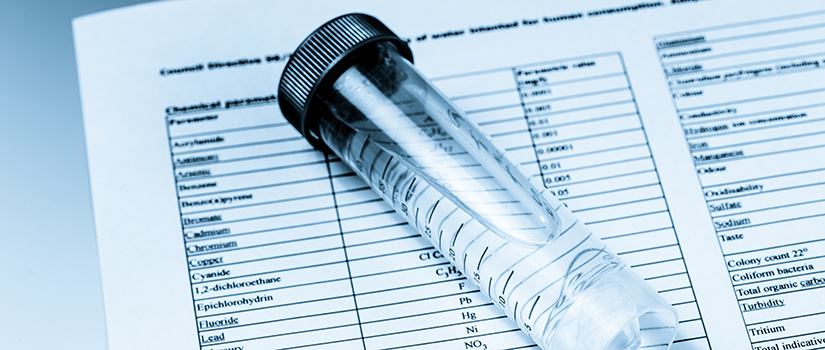The Social and Behavioral Working Group is a dedicated unit within the Center for Clean Water and Healthy Ecosystems focused on the human dimensions of water quality and ecosystem health. Integrating insights from psychology, public health, environmental education, and the social sciences, this group explores how values, behaviors, and perceptions influence water use and conservation.
We empower communities and decision-makers to act on science through trust, engagement, and equity.
Mission
To produce socially grounded, behaviorally informed research that advances equitable access to clean water and supports healthy ecosystems through participatory science and inclusive decision-making.
Goals
- Understand how people perceive and respond to water quality risks and advisories.
- Explore cultural, historical, and spiritual connections to water in vulnerable communities.
- Promote equitable engagement in water monitoring and management efforts.
- Support behavioral interventions that lead to sustainable water practices.
- Build community trust through culturally competent communication and outreach.
Executive Learning & Talent Academy
- Behavior change strategies for environmental health
- Water justice and community resilience education
- Risk communication and trust building
- Culturally responsive public health interventions
- Training programs for youth, educators, and frontline workers
Research, Policy & Foresight Unit
- Behavioral drivers of water use and conservation
- Perceptions of water safety and public trust in science
- Community science and co-production of knowledge
- Policy analysis for water access and environmental equity
- Longitudinal studies on public health and water interventions
South Carolina Water Quality and Water Perception Reports
Academic Partnerships and Twinning
- Joint research in environmental psychology and health communication
- Faculty-student exchanges with minority-serving institutions
- Community-engaged research projects on water quality and perceptions
- Curriculum co-design on water and behavioral science
Advisory & Consulting Services
- Community engagement planning and facilitation
- Public participation in water monitoring programs (citizen science)
- Equity audits and inclusion strategy development
- Stakeholder-informed toolkits and messaging
Innovation Collaboratory
- Digital storytelling and participatory media on water justice
- Social innovation labs with underserved communities
- Tools for visualizing environmental change and behavioral responses
- Collaborative design workshops for inclusive solutions
Enhancing Performance, Value, and Impact
- Behavioral nudges for water conservation in retail settings
- Public health and water access programs in sports venues
- Training modules on hygiene, hydration, and environmental awareness
- Community sport programs to promote water stewardship
